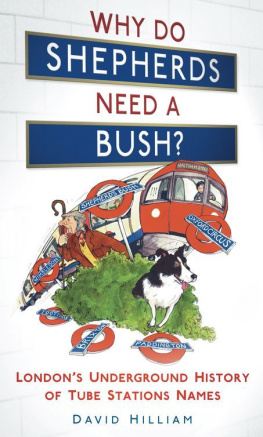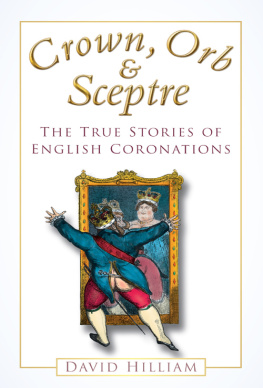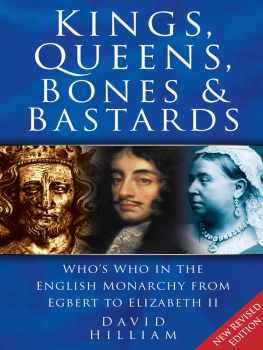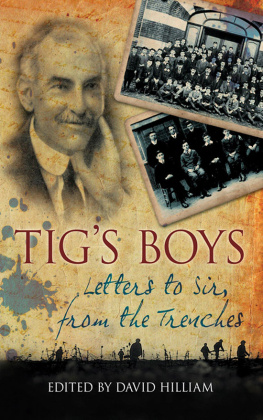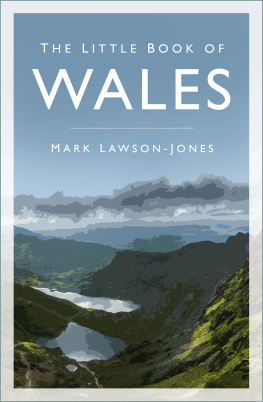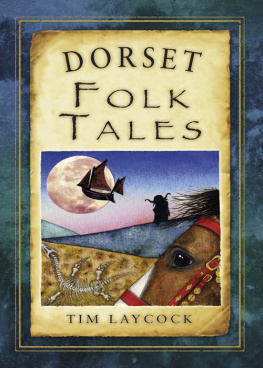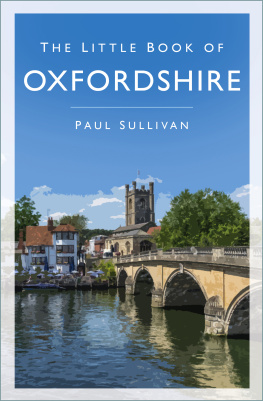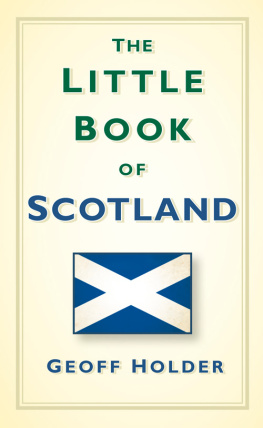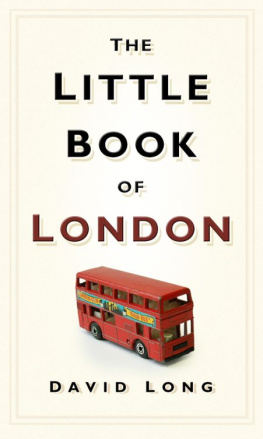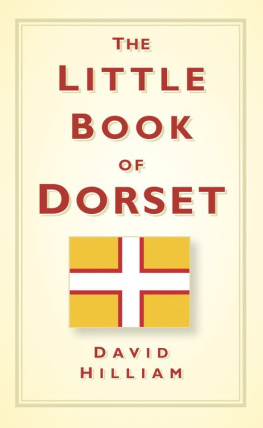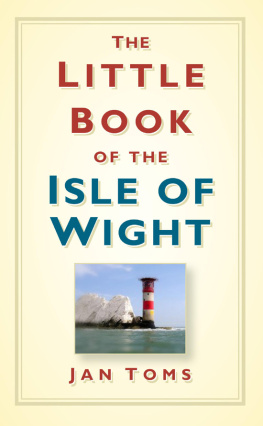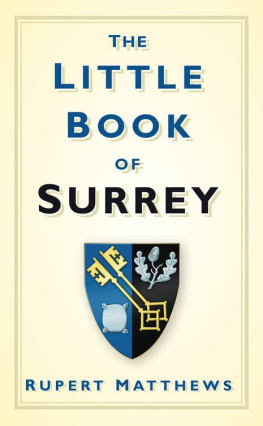Dorset has had a fascinating past, going back to Jurassic times. It has been the centre of many crucial moments of English history and it has had associations with a huge variety of people, from Alfred the Great to Lawrence of Arabia and Enid Blyton.
But also, alongside this, the Dorset of the twenty-first century is the scene of the 2012 Olympics, the vibrant nightlife of Bournemouth, and the many tourist attractions such as Bovington Tank Museum, Monkey World and Pooles arts centre, now called Lighthouse, where superb performances by the Bournemouth Symphony Orchestra can be heard.
No other English county has towns and villages with so many magically poetic place-names as Dorset. John Betjeman recognised this when he began one of his poems by simply listing some of them: Rime Intrinsica, Fontmell Magna, Sturminster Newton and Melbury Bubb.
THE TOP TWENTY CURIOUS PLACE-NAMES IN DORSET
There are over three hundred towns and villages in Dorset many with names which are intriguing and puzzling. Here are the top twenty place-names in Dorset which cause most surprise.
Affpuddle
Like many Dorset villages, Affpuddle is named after the River Piddle. It means the land by the River Piddle which belongs to Aeffa Aeffa being one of the early Saxon settlers here. In some place-names, the Piddle is somewhat prudishly changed to Puddle to avoid bringing a blush to sensitive cheeks!
Bishops Caundle
Several Dorset villages have Caundle in their names: Purse Caundle, Stourton Caundle, and Caundle Marsh. They are situated near hills, and it is thought that caundle was an ancient British word for a chain of hills. The Bishop of Bishops Caundle is the Bishop of Salisbury, who owned the manor here. Purse of Purse Caundle is probably derived from a family name.
Blandford Forum
The market town where there is a ford at which gudgeon or blay (Old English blaege) are to be found. Forum is the Latin word for a marketplace, and interestingly, in 1288 the towns name is recorded as Cheping Blaneford. cping being an Old English word for a market.
Broadwindsor
The meaning of Windsor in this name is the same as that of Windsor in Berkshire, from which the present royal family chose to be called. Literally, windsor means river-bank with a windlass from windels, Old English for windlass, and ora, Latin for a river-bank. The original windlass must have been used for loading and unloading boats on the river. As for the Broad part, this simply distinguishes the place from nearby Littlewindsor.
Chaldon Herring
Chaldon means hill where calves graze from two Old English words: cealf, calf, and dun, a hill. Like so many other doublebarrelled place-names, the second part (Herring) points to a family who owned an estate here, in this case, the Harangs. Their name is also found in Herrison, Langton Herring, and Winterborne Herringston.
Child Okeford
There are two other Okefords in Dorset Okeford Fitzpaine and Shilling Okeford (more usually called Shillingstone). Okeford itself is self-explanatory ford by an oak-tree but the Child in Child Okeford is not so easily explained. The Old English word cild meant son of a royal or noble family but who is being referred to is not known. Fitzpaine refers to a previous landowner. Also, Shillingstone derives from a surname it is Schelins tun or hamlet.
Corfe Mullen
Corfe comes from an Old English word meaning cutting, or pass that is, a cutting between two hills. The same name occurs, of course, in Corfe Castle. As for Mullen, this refers to the mill which used to be here. The French word Moulin, mill as in Moulin Rouge springs to mind, though the can-can is rarely seen in Corfe Mullen.
Fifehead Magdalen
Fifehead is a slight distortion of five hides where a hide meant the amount of land considered sufficient to support one family. In the Domesday Book this estate was called Fifhide. Magdalen refers to the dedication of the church here, to St Mary Magdalen.
Gussage All Saints
Gussage comes from two Old English words: gyse, water suddenly breaking forth, and sc, meaning water-course. As in so many double-barrelled village names, All Saints refers to the dedication of the church. There are also two other Gussages in Dorset, both with church dedications: Gussage St Andrew and Gussage St Michael.
Hazelbury Bryan
The hazel wood on the estate of the Bryene family, who derived their name from Brienne in France.
Lytchett Matravers
The first part of this name derives from the Celtic Ltocto, which means grey wood and this is probably the same as the first part of the name of Lichfield. The second part derived from the family of Hugh Maltravers, who owned the manor in 1086, the year of the Domesday Book. The same family gave its name to Langton Matravers.
Melbury Bubb
This village gains the second part of its name from the Bubbe family, who owned land and property here in the thirteenth century. William Bubbe held the manor here in 1212 three years before the signing of Magna Carta. The first part, Melbury, means multicoloured hill. The other Melburys in this area are Melbury Abbas, which belonged to the Abbess of Shafesbury; Melbury Osmund, which is probably named after William the son of Osmund who is mentioned as having owned the manor here in the twelfth century; and Melbury Sampford, named after the Sampford family. Interestingly, in the Middle Ages Melbury Sampford had the name of Melbury Turberville after an earlier owner (with a name much more familiar to readers of Hardy!).
Minterne Magna
Perhaps surprisingly, yet so obvious, the Mint part of the name actually refers to the herb, mint. The name Minterne, therefore, means the house where mint grows, with the second part of Minterne deriving from the Old English word rn, meaning house. As for Magna this is the Latin word for large and so distinguishes Minterne Magna from Minterne Parva (little).
Old Harry
No, not a village, but a very distinctive sea-stack of chalk, rising out of the sea just off the cliffs at Studland. Old Harry was another name for the Devil. In 1896 another sea-stack, Old Harrys Wife, collapsed into the sea.
Piddletrenthide
One of the many villages deriving their names from the River Piddle. This extraordinary name means Estate on the River Piddle assessed at thirty hides i.e. it could support thirty families (see Fifehead Magdalen earlier). The word trente is simply the French for thirty. Sometime during the Middle Ages this village was referred to as Pidelthirtihide which perhaps makes its meaning clearer.


